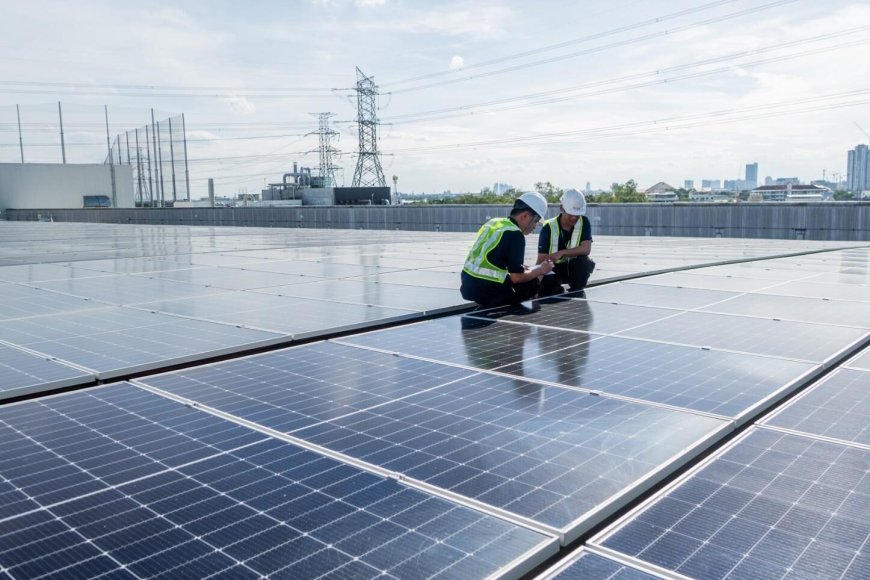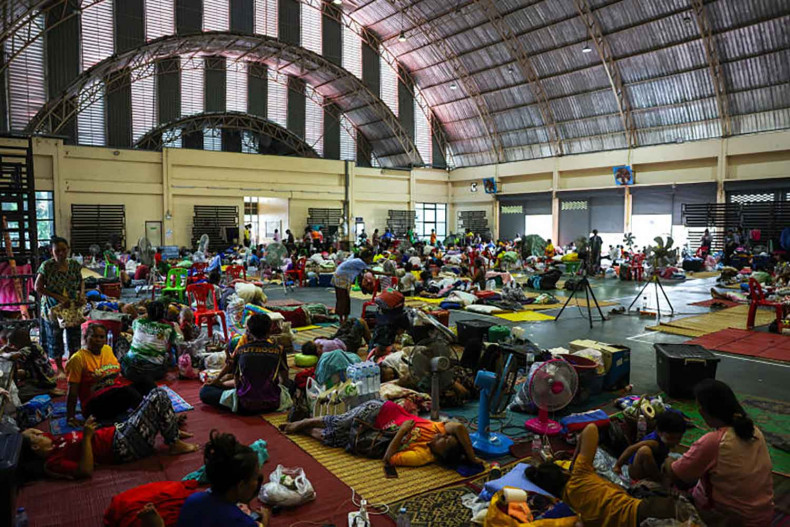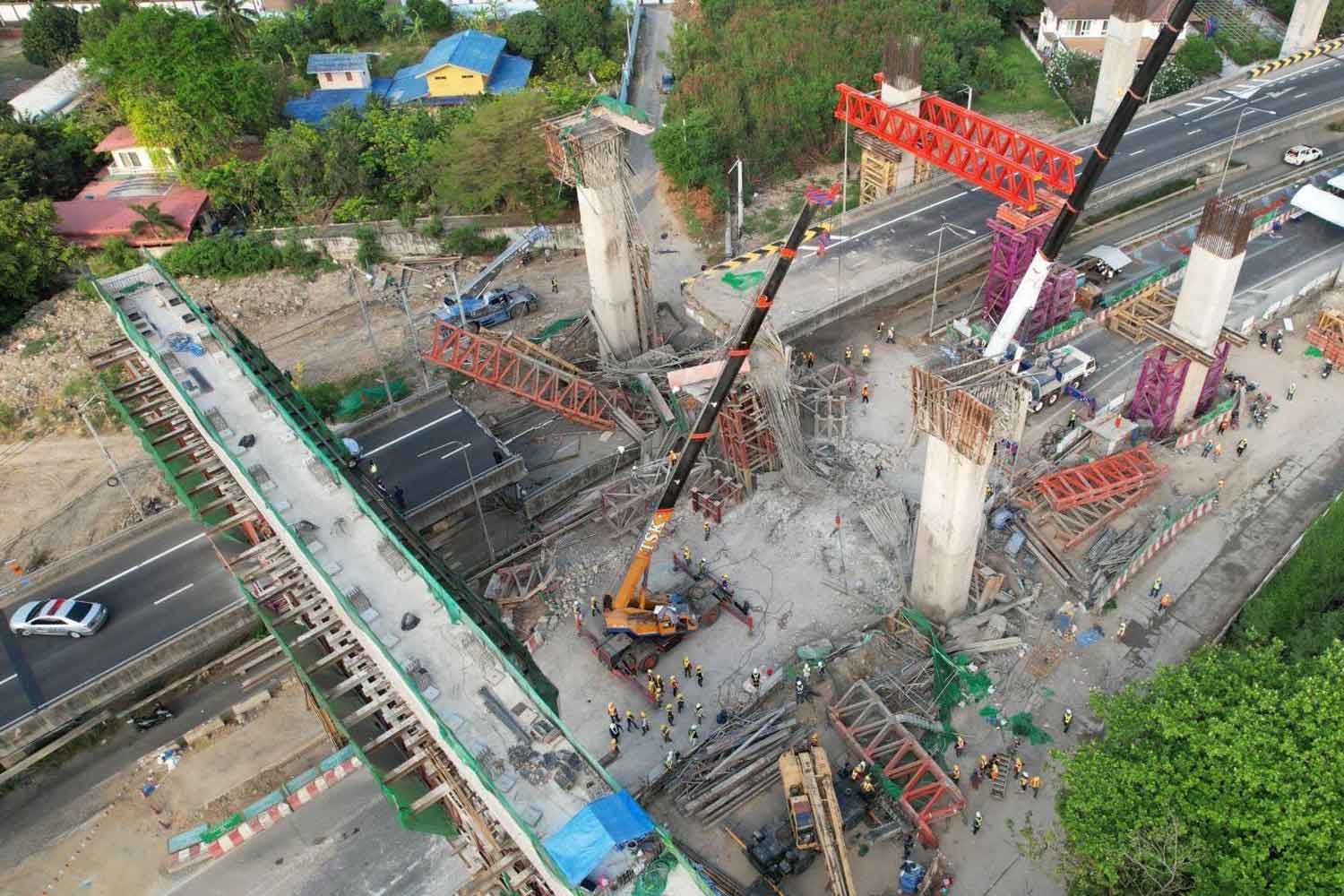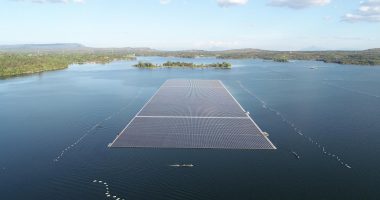the government is eliminating the requirement for factory operators to obtain permits in order to install solar rooftop panels.
In an effort to promote the use of renewable electricity, the government is eliminating the requirement for factory operators to obtain permits in order to install solar rooftop panels.
Entrepreneurs who want to install a solar rooftop system that can produce more than 1,000 kilowatts, or 1 megawatt, of power must first obtain approval under current manufacturing legislation.
Advancements in solar cell production have enabled entrepreneurs to efficiently generate significant amounts of electricity while minimising the space requirements for installation. Stringent standards for solar cells have also been introduced to ensure safety for people and the environment.
The director-general of the Department of Industrial Works, Julapong Thaweesri, said they were in the process of removing the requirement for permission due to the private sector’s rapid interest in solar rooftops.
Factories in Thailand will no longer need permission to install solar rooftops
He added that the department would also support entrepreneurs in securing funds for solar rooftop installations by approving the use of factory machines as collateral when applying for loans at state-run banks, such as Krung Thai Bank and Small and Medium Enterprise Development Bank of Thailand.
Julapong said that last year a total of 169 industrial operators had applied for permits to install solar rooftops, increasing 90% from the previous year. He expected the number of operators interested in installing solar rooftops this year to double.
He added that the department had also been running a machine registration campaign for SME operators since 2016. The campaign aims to educate entrepreneurs about how to properly maintain their machines as well as encourage the adoption of new technology that will help entrepreneurs increase productivity and reduce energy costs.
So far, 2,998 entrepreneurs have joined the programme, with over 12,500 machines either being optimised or replaced with more efficient alternatives.









